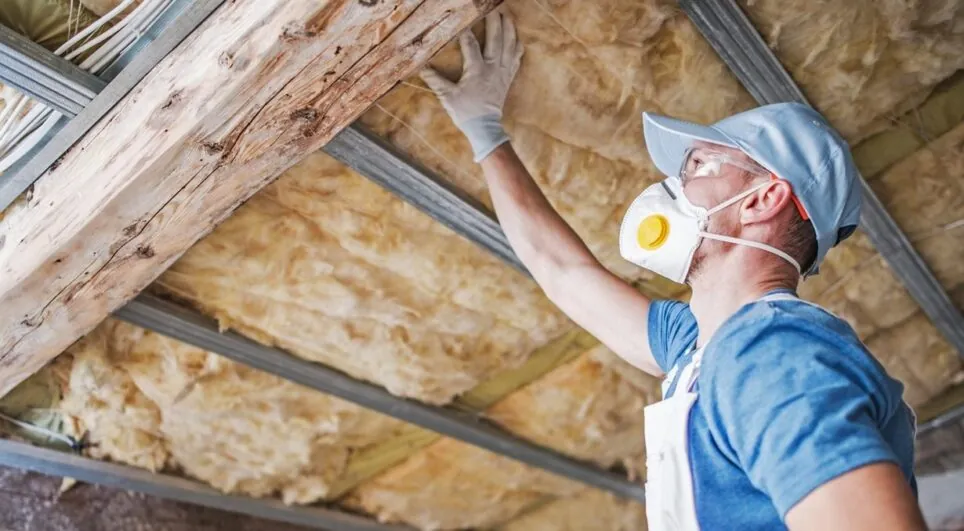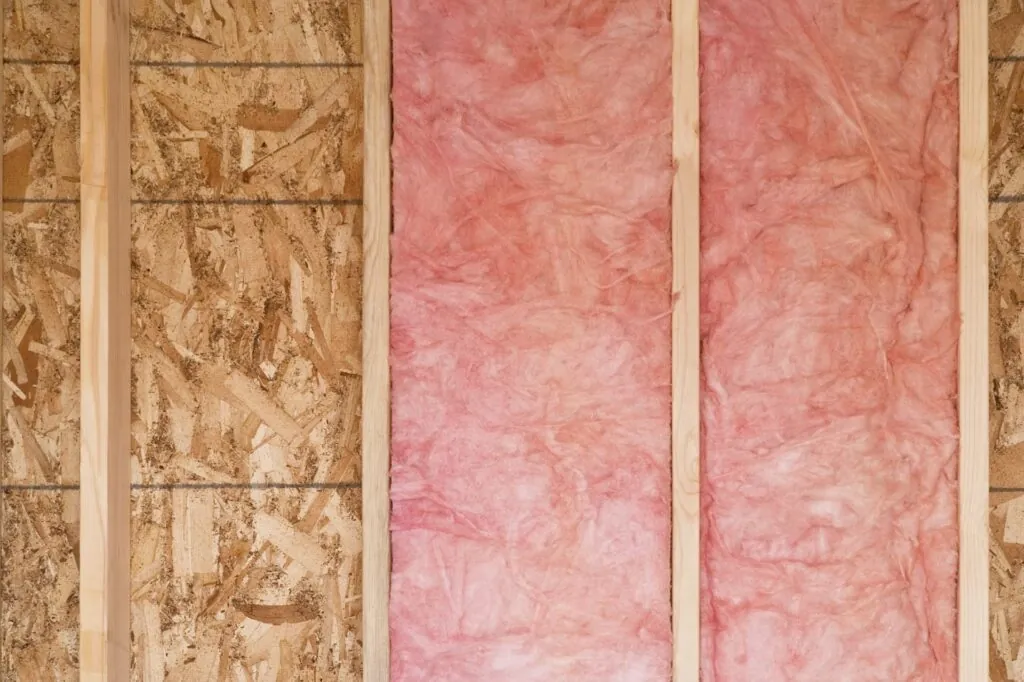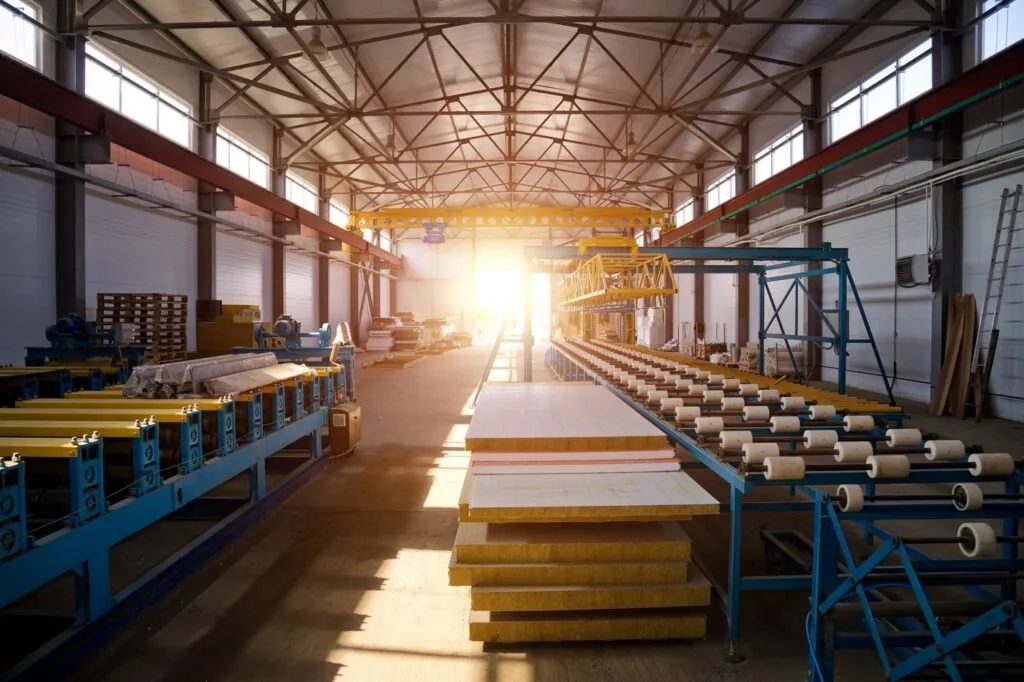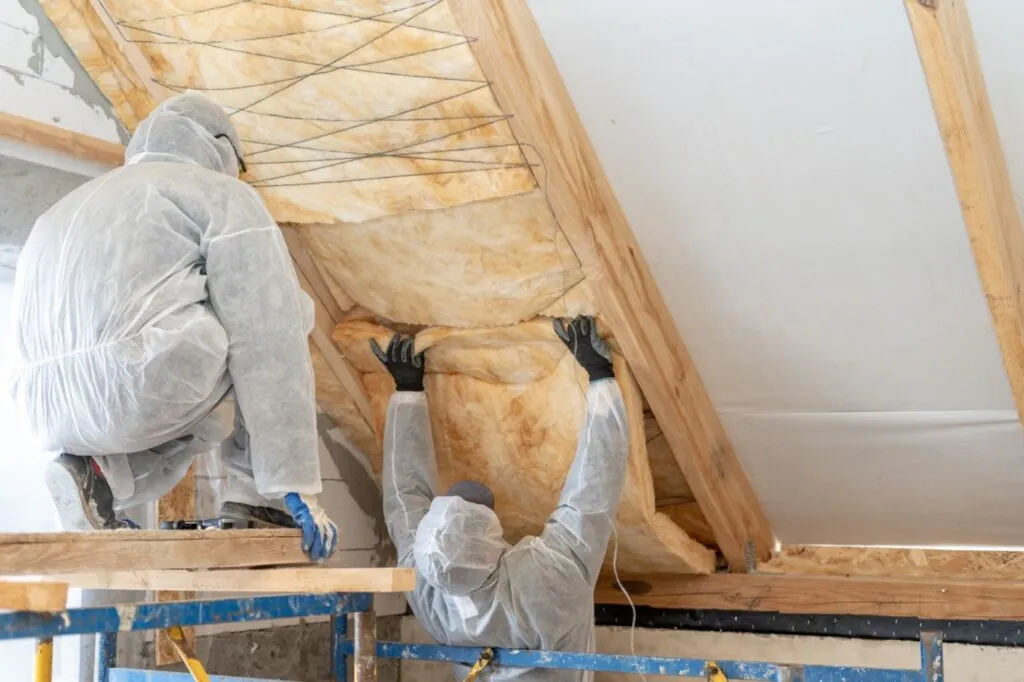How Insulation Manufacturers Can Increase Profitability Using Value-Based Pricing
Published On 19 June, 2023
This article illustrates some of the considerations of value-based pricing, exploring specific opportunities in the insulation market and showcasing additional case study examples from the insulation industry.
The insulation industry is highly competitive, often driven by cost-based pricing strategies. However, value-based pricing offers a powerful alternative, allowing companies operating in this competitive market to emphasise their unique advantages and justify premium pricing to drive brand value and customer loyalty.
Insulation manufacturers are under substantial margin pressure and face significant industry challenges.
Industry Challenges
Some of the common pricing pressures insulation manufacturers traditionally encounter include the following:
- Raw Material Costs: Insulation materials are often derived from commodities such as petroleum-based products (e.g., polyurethane foam) or natural resources like fibreglass. Fluctuations in the prices of these raw materials can directly impact the production costs for insulation manufacturers, potentially squeezing profit margins.
- Energy Costs: Insulation manufacturing processes often require significant energy consumption. Rising energy prices can significantly increase the cost of production and, in turn, reduce profitability for manufacturers.
- Market Competition: The insulation market is often competitive, with multiple manufacturers vying for contracts and customers. Intense competition may lead to price wars, driving down product prices and potentially eroding profit margins.
- Technological Advancements: Advancements in insulation technology can lead to the development of more efficient and cost-effective insulation products. While this is beneficial in the long run, it can put pressure on manufacturers who may need to invest in research and development to keep up with the latest innovations.
- Regulatory Compliance: Environmental and safety regulations often evolve, and manufacturers may need to adapt their processes to meet new standards. Compliance with such regulations may require additional investments in equipment or materials, impacting profitability.
- Global Economic Factors: Economic fluctuations and geopolitical events can affect demand and supply dynamics in the insulation market. Economic downturns or trade disputes may reduce demand for insulation products, leading to lower revenues for manufacturers.
- Supply Chain Disruptions: Disruptions in the supply chain, such as transportation delays, shortages of raw materials, or manufacturing interruptions, can increase costs and reduce profitability.
- Inflation: General inflationary pressures, including insulation, can affect manufacturing costs across various sectors. If manufacturers can pass on these increased costs to customers, their profitability may be positively impacted.
One of the most effective ways you can overcome the risks of margin erosion is to identify the sources of value in your business and translate these sources of value into a pricing strategy and customer discount structure to adequately reflect the value each customer obtains from both your products as well as your assets (both physical and intellectual) and infrastructure.
Sources of value:
Reliable Delivery:
One key value-based pricing opportunity lies in reliable delivery services. Insulation companies can offer early morning timed deliveries for roofing materials, reducing project delays and related costs. By obtaining accurate customer data and providing real-time tracking and delivery alerts, insulation companies can ensure customers receive materials promptly, minimising on-site waiting time and streamlining operations.
Case Study 1:
A construction company engaged Insulco Insulation for a commercial project. The guaranteed early morning delivery of insulation materials helped the project stay on schedule, avoiding costly downtime and earning the client’s trust for future projects. The morning priority delivery and their ability to deliver on schedule allow Insulco to charge a premium, as builders and customers recognise this value.
Technical Support:
Another crucial aspect of a value-based pricing method is technical support. Insulation companies can promote their technical expertise as a competitive advantage, helping during installations or DIY projects. Insulation companies can reinforce the value proposition by emphasising extended warranties or additional technical support for larger volume customers and influencing the customer’s willingness to pay.
Case Study 2:
A residential contractor partnered with Insulco Insulation for housing development. The dedicated technical support provided by Insulco’s experts helped optimise insulation installations, reducing labour costs and ensuring higher energy efficiency. The project gained recognition for sustainability and attracted more environmentally conscious buyers.
Product Quality:
Companies in the insulation industry can provide superior product quality, which is undoubtedly very appealing to the target market. Providing super product quality is a compelling factor in customer value creation and leads to success with implementing a value-based pricing strategy.
One of the essential methods of gathering customer feedback about the quality of a product in the insulation industry is to collect and analyse market research from the target audience and identify perceptions of potential customers in the market about perceived value.
The following case study can demonstrate the benefits of Insulco’s rigid materials, which minimise call-backs and ensure consistent performance over time.

Case Study 3:
A retail customer chose Insulco Insulation’s premium-grade insulation over an alternative for a home renovation project at a cheaper price. The higher-quality insulation offered better thermal performance, reducing energy bills and improving comfort. Satisfied with the results, the customer became a brand ambassador and developed brand loyalty for Insulco’s products. As a result, the customer was happy to purchase at the premium pricing rather than make a pure price-based decision.
Local Production:
The advantage of being locally manufactured should be noticed. Where competitors may face supply chain disruptions due to external factors, companies in the insulation industry can remain resilient by producing insulation locally. The reduced risk of delays and interruptions can support an insulation company’s value-based pricing proposition.

Specified Product Offerings:
Emphasising the value of an insulation company’s specified products in commercial projects can be achieved through case studies. The value proposition becomes evident by showcasing how Insulco’s technical expertise and value-added services, like specialised product training, led to successful project completions and customer cost savings.
Direct-to-Site Deliveries:
Offering direct container loads to customers is another value-based pricing opportunity. Case studies demonstrating how Insulco Insulation’s direct-to-site deliveries reduced freight costs and improved availability can sway customers seeking efficient supply chain solutions.
Additional Case Studies:
Case Study 4:
A major industrial construction project required insulation materials with custom specifications. Insulco Insulation provides tailored solutions, reducing waste and ensuring optimal performance. The value-based pricing approach resulted in cost savings for the client. It enhanced the reputation of Insulco as a reliable partner for complex projects.
Case Study 5:
A nationwide building contractor faced stiff competition in a bid for a government contract. Insulco Insulation offered a bundled pricing package, including premium insulation products and comprehensive technical support. The value-based approach helped secure the contract, and the client praised the exceptional performance of Insulco’s insulation, leading to a long-term partnership.
Case Study 6:
An eco-conscious housing developer sought sustainable insulation solutions for a residential project. Insulco Insulation showcased its environmentally friendly materials and energy-efficient options, positioning the company as a preferred supplier for green building initiatives. The value-based pricing strategy increased demand from environmentally conscious customers and expanded market reach. Value-based pricing presents a compelling strategy for companies in the insulation industry to differentiate themselves in the competitive insulation industry. Companies can justify premium pricing and build long-term customer trust by emphasising reliable delivery services, technical support, product quality, and the advantage of being locally manufactured.

Key Takeaways for Insulation Businesses:
1. Prioritise Reliable Delivery:
Implement early morning timed deliveries and real-time tracking to reduce project delays and increase customer satisfaction.
2. Highlight Technical Support:
Offer dedicated technical support and extended warranties to add customer value and set your company apart from competitors.
3. Emphasise Product Quality:
Showcase the benefits of superior products, such as reduced call-backs and consistent performance, to justify premium pricing.
4. Leverage Being Locally Manufactured:
Use the advantage of local production to ensure a steady supply chain and minimise disruptions, enhancing the value proposition.
5. Promote Specified Product Offerings:
Demonstrate how specialised products and technical expertise can lead to successful project completions and customer cost savings.
6. Offer Direct-to-Site Deliveries:
Provide direct container loads to customers to reduce freight costs and improve supply chain efficiency.
7. Customise Solutions for Complex Projects:
Tailor insulation solutions to meet specific project requirements, minimising waste and increasing customer satisfaction.
8. Bundle Premium Solutions:
Create bundled pricing packages with high-quality products and comprehensive support to secure enterprise-level contracts.
9. Target Niche Markets:
Emphasise eco-friendly and energy-efficient options for sustainability-focused customers, opening new market opportunities.
10. Communicate Success Stories:
Use case studies and customer testimonials to demonstrate the value and effectiveness of your value-based pricing approach.
By implementing these key takeaways, businesses in the insulation industry can effectively apply value-based pricing to differentiate their offerings, increase profitability, and build lasting customer relationships.
Enrol your team in Pricing University to imple



